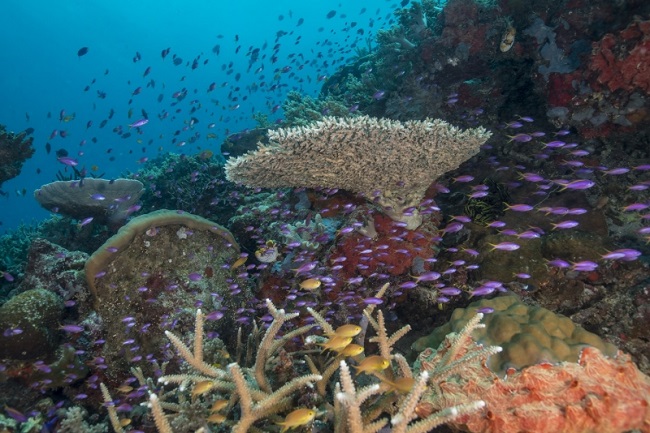SEO Riders:
– Over 30 small-island states launch ridge-to-reef restoration and marine protection with UNEP support
– Ecosystem projects—mangroves, reefs, seabirds, protected areas—strengthen resilience and local economies.
– Innovative finance tools (nature and blue bonds) empower communities and advance climate justice.
A recent UNEP report showcases how more than 30 Small Island Developing States (SIDS) are leading bold environmental efforts—from upland forests and ridge ecosystems to coastal reefs—despite suffering some of the worst effects of climate change, biodiversity loss, and pollution. These nations, which contributed less than 1% of global emissions, are partnering with UNEP in implementing the Antigua and Barbuda Agenda for SIDS, uniting restoration with economic uplift. Initiatives include reinstating seabird colonies in Micronesia, sustainably managing 5,000 ha of land and 2,000 ha of marine areas in Saint Lucia, Bahamas, and Saint Kitts; and launching “restoration factories” to fuel nature-based blue growth and entrepreneurship.
Beyond nature restoration, SIDS are expanding marine protected areas like those in Comoros, Mohéli, Vanuatu, and the Comoros’ Mohéli National Park—creating income via tourism and beekeeping while replenishing fish stocks and turtle populations. They’re also investing in early warning systems (e.g., Timor‑Leste, Niue, Vanuatu) and rolling out green finance solutions. Notably, The Bahamas’ Nature Bonds aim to mobilize US $124 million for marine conservation over 15 years, while other nations lead through blue bonds and carbon/nature-credit mechanisms. These efforts demonstrate a compelling model where ecological health and sustainable livelihoods cohere—and island nations position themselves not just as climate victims but as global environmental leaders and innovators.
